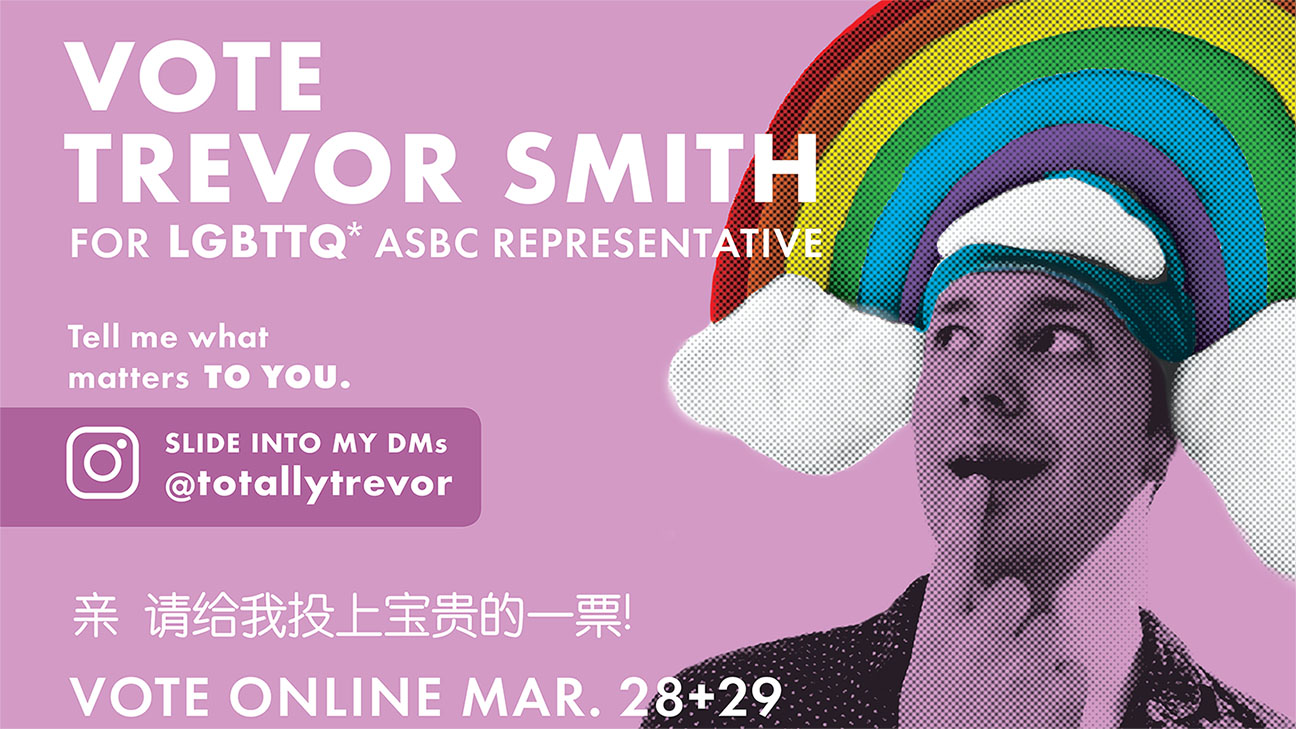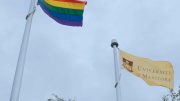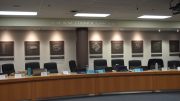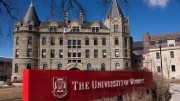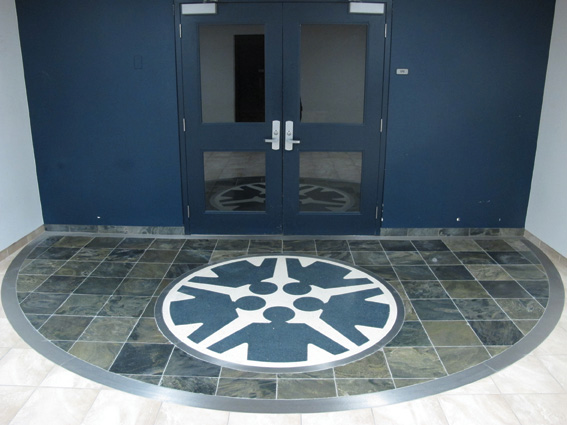UMSU’s recently-elected LGBTTQ* community representative has said two consecutive years of campaign-poster tampering has left him feeling unsafe on campus.
Trevor Smith said he noticed his posters had been removed in four different spots on campus during the UMSU campaign period — something he believes was done on purpose.
“In a lot of cases, my posters have been torn down,” he said. “I know it’s not the tape, because [accessibility students’ representative candidate] Brandon Wozniak and I sort of put up our posters together in the same spot with the same tape, and then my poster is missing.”
“What the motivation is, I can’t say for sure, but it’s places where all the other candidates’ posters are still up, except mine is missing,” he said.
“I don’t have competition, so it’s not just like a really heated election, where my competition is tearing down my posters.”
Smith said while he has not received any personal attacks, he felt the fact that he has had issues with his posters for two years in a row is not an accident.
“It’s moreso just the symbolism of having my posters taken down when other peoples’ are not, or my poster was the only one that was vandalized in the previous election as well,” he said.
While running as the LGBTTQ* representative for the arts student body council (ASBC) last year, he found one of his posters had been violently vandalized.
“Basically what ended up happening was I didn’t notice anything during the course of the election, but then at the end, when we all had to take our posters down, one of the posters I noticed had my eyes gouged out, and a slit across my throat on the poster.”
Smith said he “didn’t really know how to feel at first,” but eventually found the vandalized poster, which featured Smith wearing a rainbow-coloured hat, concerning.
“It sort of started sinking in a little bit more that I didn’t really feel safe on campus,” he said.
“And what [did] this mean? Is it a personal attack on me, who I am? Or is this an attack on my flamboyant poster, my rainbow hat, the fact that I’m running for the LGBTTQ* position?
“So I felt unsafe, and this sinking feeling in my stomach.”
He said while he has not experienced any other incidents, the feeling of uncertainty and fear remains today.
Smith referred to incidents on campus, namely white supremacist postering in October, as causing additional feelings of unease.
“It’s just sort of that lingering feeling of like ‘I don’t know if I should feel safe or not,’” he said.
Damien Davis, a first-year student and member of the LGBTTQ* campus community, said while overall he has found his experience as an LGBTTQ* person on campus to be “OK,” he has experienced microaggressions during his time on campus.
In one case, he referred to a student who entered the Rainbow Pride Mosaic (RPM) room as an ally and began an interrogation of Davis after hearing his concerns about accessible gender-neutral bathrooms.
“This person who wasn’t a club member, but was a friend of club members, came in and heard what I was talking about and started kind of investigating me and my credibility with my experiences,” he said.
“They started asking about, like, ‘Well, what were you born as?’ As soon as you hear that, that’s already like, this is a conversation that’s really going to go downhill.”
Davis said the experience was worrying in that it insinuated there were others on campus who felt the same way.
“To know people like that are on campus, it makes me uncomfortable and a little bit scared,” he said.
As UMSU’s new LGBTTQ* representative, Smith said he plans to consult the LGBTTQ* community on campus to see if other students are facing similar experiences, and possibly allotting community funding toward safety initiatives.
“Get the community together, see if [the vandalism is] sort of an isolated thing, am I the only one who feels this way,” he said.
Smith added another feeling that came to him in both instances was empowerment.
“I really feel like it makes me want to represent the community even stronger, if that is what happened as far as it being more against the community than against me as an individual.”
